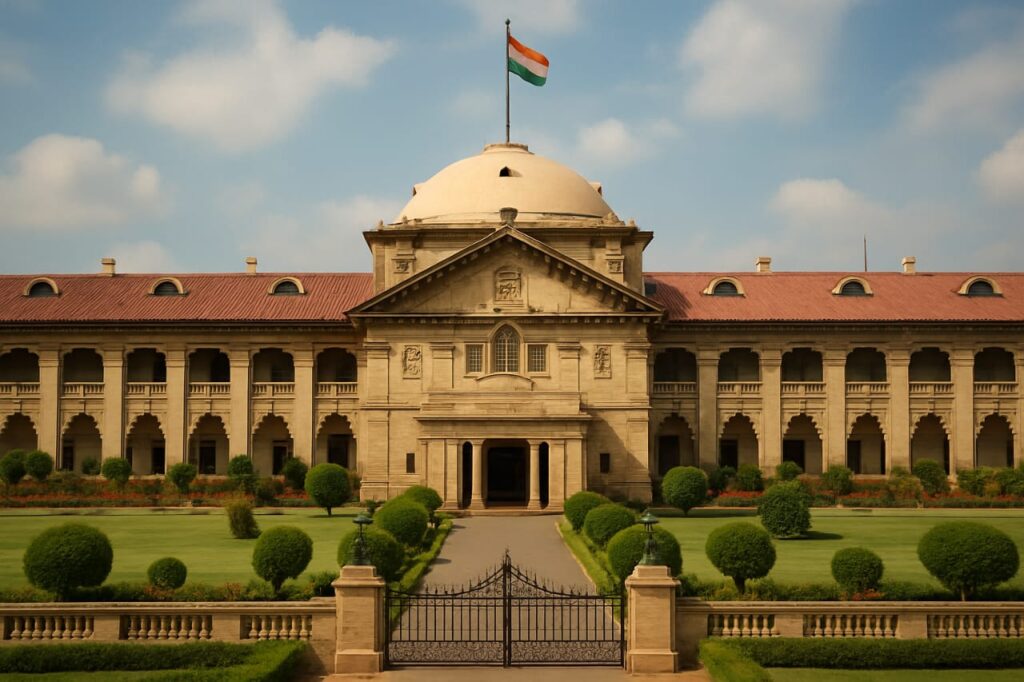Altaf Hussain

Allahabad, May 2025 – In a landmark judgment, the Allahabad High Court has upheld the legality of the survey order issued the Civil Judge (Senior Division), Chandausi, pertaining to the Shahi Jama Masjid in Sambhal, dismissing the objections raised the Masjid Management Committee. The court’s decision marks a significant development in the ongoing legal proceedings regarding the disputed site and brings clarity to the judicial authority granted under Order 26, Rules 9 and 10 of the Civil Procedure Code (CPC).
The court rejected the petition filed the Muslim side, which challenged the appointment of a Survey Commissioner and questioned the legality of the survey process initiated on November 19, 2023, and conducted again on November 24, 2023.
🔹 Highlights of the Judgment:
- The appointment of the Survey Commissioner was found valid and in accordance with the law under Order 26, Rule 9 & 10 CPC, which allows the trial court to appoint a Survey Commissioner without prior hearing of the parties.
- The High Court emphasized that hearing the parties before appointing the commissioner is not a mandatory legal requirement. What matters is that the survey is carried out in the presence of both parties, which was duly followed during the surveys on the said dates.
- The trial stay previously in place has been vacated, enabling the case to proceed further in the lower court.
- The Court made it clear that the Places of Worship (Special Provisions) Act, 1991 is not applicable in this case, citing the protected monument status under the Archaeological Survey of India (ASI) Act, 1958. Both parties have acknowledged that the site in question falls under this historic protection.
🔹 Reactions and Legal Interpretation:
Senior Advocate Vishnu Shankar Jain, representing the Hindu side, welcomed the verdict, calling it a “well-reasoned and authoritative” judgment. He stated:
“This is a very important decision the Allahabad High Court. It conclusively addresses and dismisses the propaganda and misinformation spread certain political leaders and public intellectuals who argued that the Masjid Committee should have been heard before the appointment of the Survey Commissioner. The judgment reaffirms that the court can legally appoint a Survey Commissioner unilaterally as per the CPC.”
He further added that the survey report, currently submitted in a sealed cover, will be challenged in the Supreme Court for vacation of stay. He expressed confidence that today’s decision fortifies the legal framework around archaeological and historical site inquiries under the supervision of civil courts.
🔹 Legal and Political Significance:
The ruling comes amid intense public and political debate around religious sites and historical claims. The court’s clear articulation of the limits of the Places of Worship Act and its recognition of ASI’s jurisdiction and protection over pre-1958 monuments brings a crucial legal perspective to such disputes.
The resumption of trial proceedings following this decision will likely become a case of national attention, with broader implications for the interpretation of protected heritage sites under Indian law.
